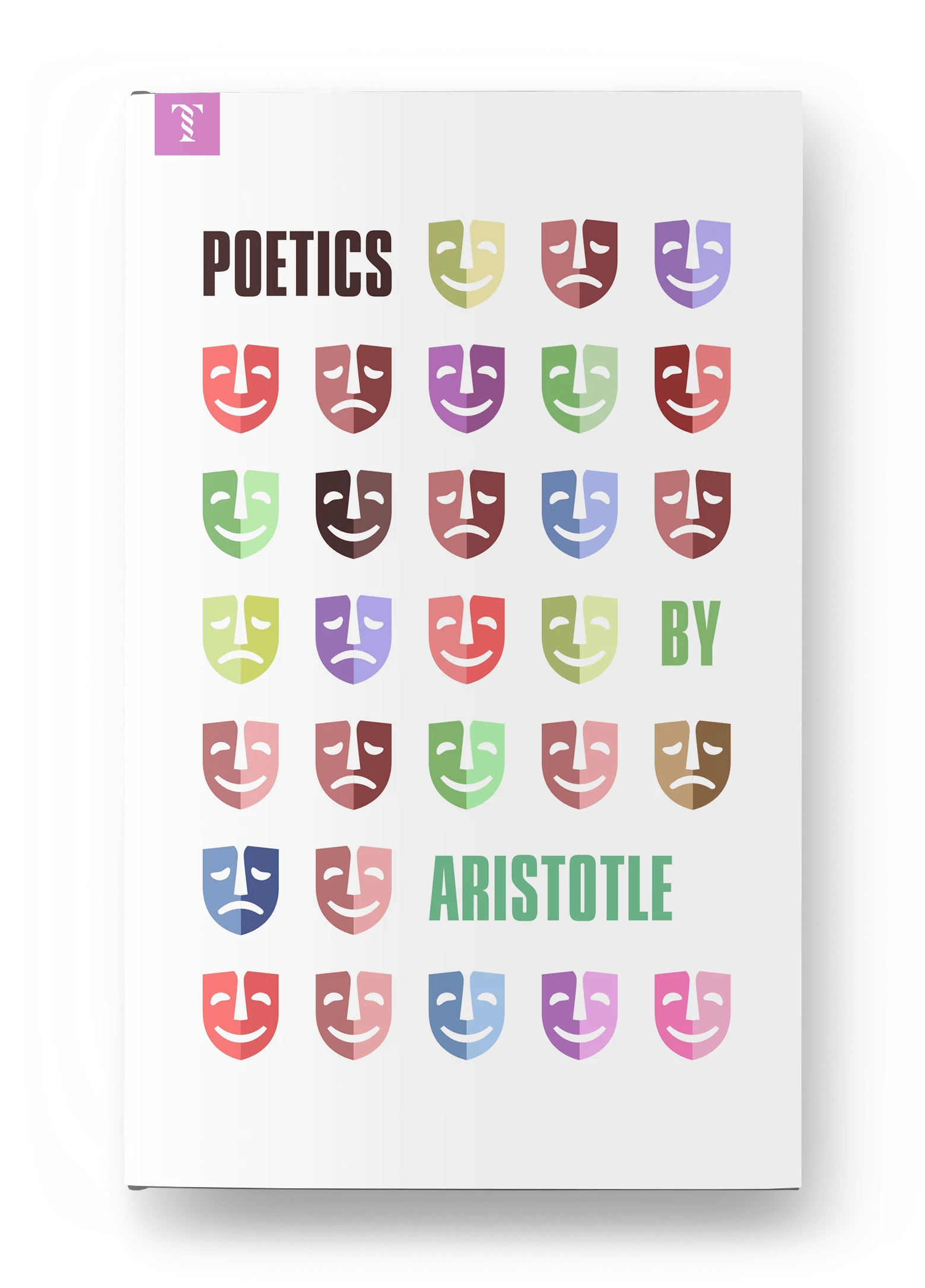Poetics
A masterclass on poetry and theater—too bad it’s half missing


In Ancient Greece, theater was among the highest forms of art. In a world without television the stage was the height of excitement and cultural catharsis. Enter Aristotle, the philosopher-scientist, student of Plato and incisive writer. Aristotle examined every aspect of the world around him: geology, physics, biology, medicine, psychology and more. And in the Poetics, a series of short essays written around 335 BCE, he turns his laser focus on the popular art of the theater.
In his Poetics, Aristotle attacks the form of classical theater with a scientist’s precision. In chapter 1 he defines his terms and categorizes types of performance like a botanist categorizes beetles. In chapter 2, he lays out a precise approach for developing the structure and characters of a drama. It’s a reduction of an entire creative discipline to a simple recipe, and while writers and theorists have argued for and against Aristotle’s principles for millennia, it’s undeniably effective and easy to follow. And finally, in chapter 3 he dissects the elements of style, breaking down each linguistic component from the individual letter to sentences and inflection, and walking through the composition of a pleasing, rhythmic verse.
We weren't kidding when we called this a master class. It may be 2360 years old, but Aristotle’s Poetics are still a perfect primer on the art of the theater.
The history of Poetics is itself dramatic. At some point, the Greek versions of Aristotle’s original work were lost, and during the middle ages, the only known copy of the Poetics was an Arabic translation made around 700 CE, and circulated through the Middle East. Eventually, a partial Greek manuscript was translated, called the Paris manuscript, No. 1741, which is now considered the prime source for the Poetics, but we're still missing almost half the document. Since Aristotle spends an entire chapter tackling tragedies, somewhere there may be undiscovered chapters contianing Aristotle’s exacting analysis of comedy and epics.
...
Got questions, comments or corrections about Poetics? Join the conversation in our Discord, and if you enjoy content like this, consider becoming a member for exclusive essays, downloadables, and discounts in the Obelisk Store.